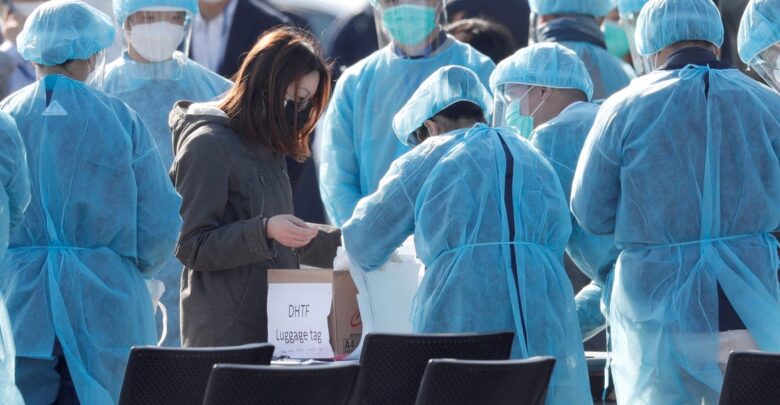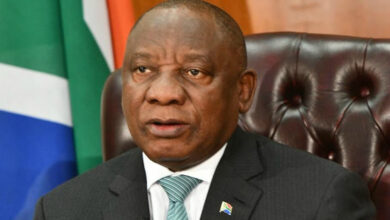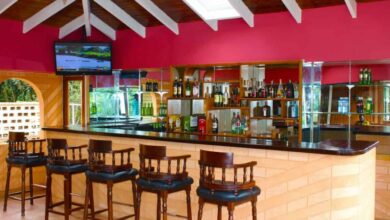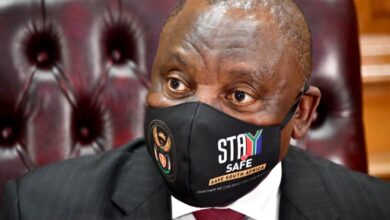South Africa
South African Healthcare Workers Protest Against Poor Working Conditions, Threaten Strike

South African healthcare workers have threatened to go on a strike if the government does not provide them with adequate resources and protective equipment to fight the ongoing coronavirus pandemic, reported Al Jazeera.
The workers came out on the streets in Pretoria and Cape Town on Thursday to protest against poor working conditions in hospitals and inadequate supplies of protective equipment like surgical masks.
The demonstrators have demanded danger pay for workers who are on the front line in the battle against COVID-19.They have also urged the government to end corruption in the procurement of coronavirus personal protective equipment.
The National Education, Health and Allied Workers’ Union, the union leading the demonstrations, has threatened that its 200,000 public workers will go on strike on September 10 if their issues are not addressed.
“When our workers ask for information about infections, they are charged by their managers, yet the minister releases statistics every day,” said union leader Zola Saphetha.
The demonstrators marched in front of the offices of South African President Cyril Ramaphosa at the Union Buildings in Pretoria, with some protesters holding signs that read “Thank You Frontline Workers” and “Remove Corrupt Officials.”
The South African government has already set up a ministerial committee to investigate alleged corruption in state tenders last month.
It is feared that a widespread strike by healthcare workers would result in serious problems for South African hospitals, which have been stretched to the limit by the coronavirus.
While the number of new confirmed coronavirus cases is declining now, South Africa is still reporting over 2,000 new cases per day and there is also a possibility of a second wave of infections. The country has recorded 630,595 positive cases of COVID-19, the highest in Africa, and the sixth-highest in the world. The pandemic has so far killed over 14,300 people in the country.





